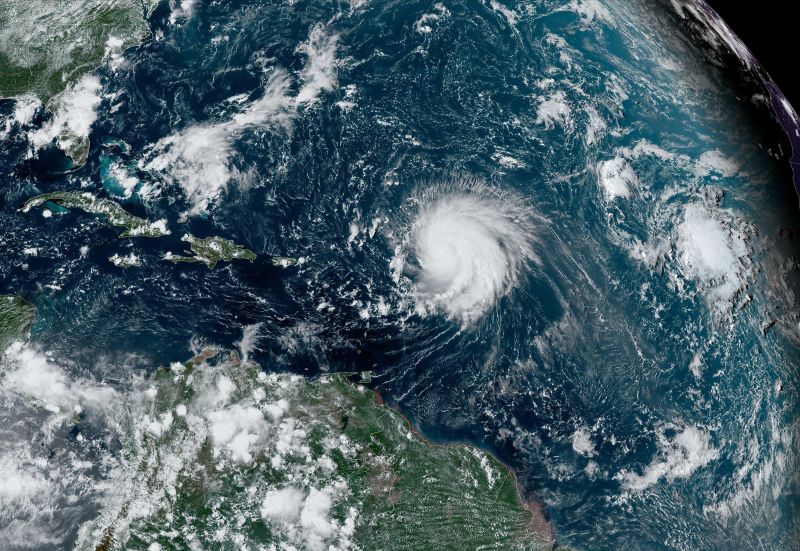
Surf’s Up: The World’s Oceans are Boiling with Record-Breaking Heat Daily!
The global oceans, acting as the world’s largest solar panel, have been continually absorbing more than ninety percent of the heat trapped by human-emitted greenhouse gases. It is these warming oceans that are the unsung heroes in the fight against climate change, quietly absorbing heat that, if left in the atmosphere, would cause drastic increases in global temperatures and associated cataclysms. Over the past year, these heroes have been under increased stress, recording new heat content highs every day, thereby underpinning the dire state of climate change.
Many are oblivious to the fact that the world’s oceans serve as the climate’s ultimate thermometer. Majority of the additional heat stored in the climate system ends up in the world’s seas. As a result, measurements of ocean heat content (OHC) are one of the purest indicators of global warming. When these measurements are persistently and progressively high, as observed over the past year, it suggests a clear and systemic trend—human-induced global warming is relentlessly continuing.
Understanding this alarming trend begins with grasping the foundations of ocean warming. The greenhouse gases emitted by human activities, primarily carbon dioxide (CO2), reduce the amount of solar heat escaping back into space. This trapped heat primarily goes into the oceans, causing them to warm over time. This has contributed to marine ecosystems’ destruction, intense oceanic storms, and melting ice, among other destructive changes.
About sixty percent of the increase in OHC over the past year has been in the uppermost 700 meters of the ocean. The warming is occurring from the surface down to depths of 2000 meters, confirming that human-induced warming is penetrating deep into the seas. These changes are playing a major role in disturbed weather patterns, which is unsettling for communities around the world, particularly those experiencing increased frequency of extreme weather events.
Changes in OHC not only affect weather and climate, but they also impact marine ecosystems immensely. Warming oceans contribute to coral bleaching—an event that may lead to the extinction of entire marine ecosystems. An increase in heat content can also disrupt migration patterns and the life cycles of marine species, thus threatening the overall health of the oceans.
Moreover, as warming adds more energy to the climate system, devastating storms are becoming all the more likely. This is due to the fact that hurricanes and typhoons are powered by warm ocean surfaces. This past year witnessed unusually high ocean surface temperatures, which led to a record 30 named storms in the Atlantic.
The melting of ice is another

